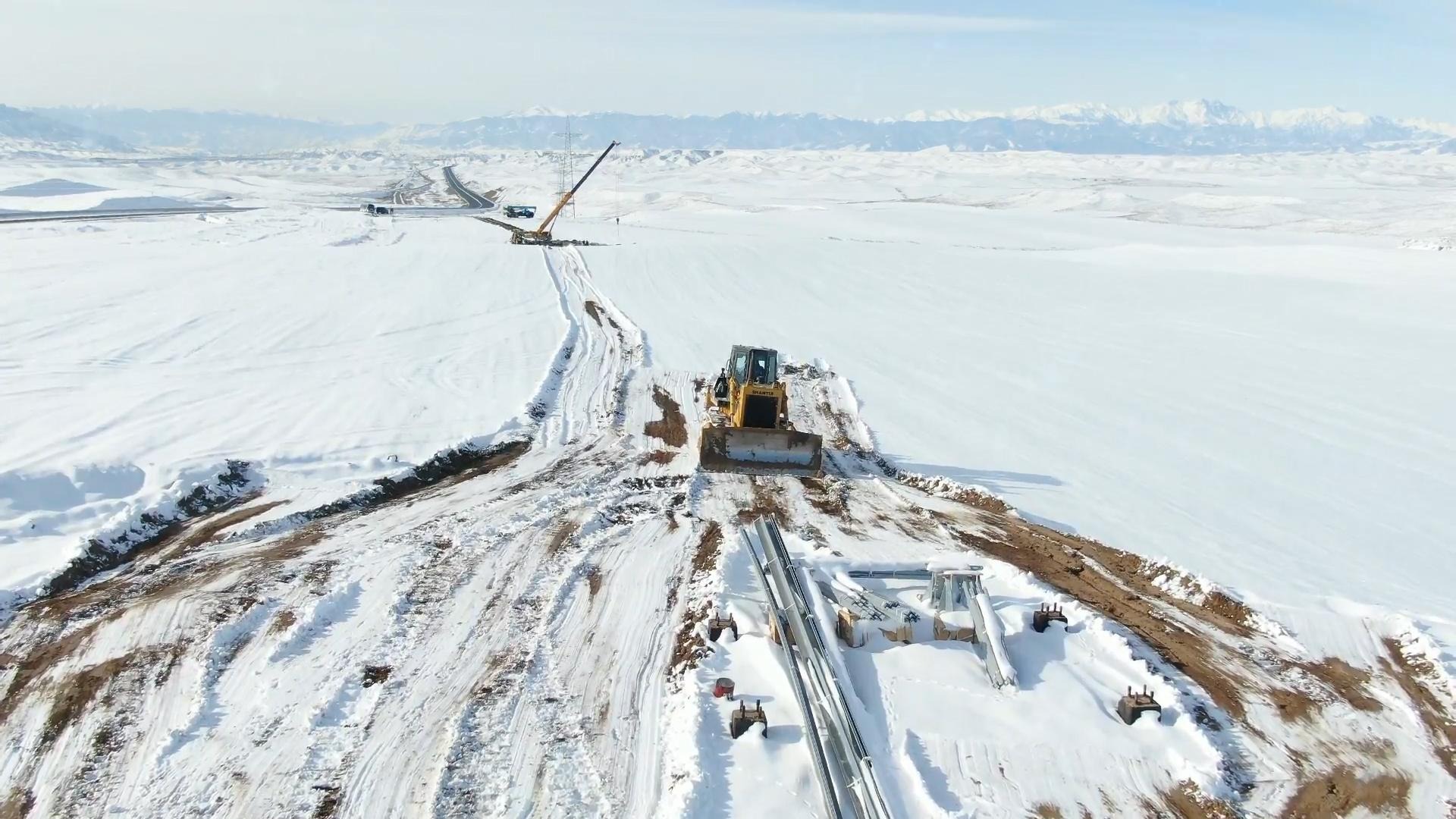
Russia Holds Military Exercises in the North Caucasus
Russia Holds Military Exercises in the North Caucasus
A large-scale Russian military exercise called “Caucasus 2008” is underway in Russia’s North Caucasus. Russian news agencies on July 16 quoted an aide to the commander of the North Caucasus Military District, Lieutenant Colonel Andrei Bobrun, as saying that the exercise would involve about 8,000 military personnel, 700 combat vehicles and more than 30 aircraft, and take place on the territory of Chechnya, North Ossetia, Ingushetia, Kabardino-Balkaria, and Karachaevo-Cherkessia. Russian military officials were quoted as saying that the aim of the exercise was to work on interoperability between federal troops, Interior Ministry troops, border guards and the Air Force in special operations against militants in the North Caucasus, as well as defending Russia’s state borders and supporting Russian peacekeepers in Georgia’s breakaway regions of Abkhazia and South Ossetia.
Indeed, Kommersant on July 17 quoted Igor Konashenkov, an aide to the commander of the Russia’s infantry forces, as saying that the exercises will involve resolving “anti-terrorism” tasks, but that in addition, “considering that the situation in the zones of the Georgian-Abkhazian conflict and Georgian-Ossetian conflict have become much more tense in recent times, several military units will develop a solution to peacekeeping tasks as problems.” Konashenko told the newspaper that exercises will be held at an altitude of more than 2,500 meters in the area of Roki and Mamison passes, which connect Russia and South Ossetia, and that special forces units and mountain brigades will take part in those exercises. Along with units from the North Caucasus Military District, mainly the 58th Army, the 4th Air Force Army, Interior Ministry troops, and border guards, units from the 76th Airborne Division based in Pskov will also take part in the exercise.
Georgia’s Foreign Ministry said in a statement released on July 16 that statements made by Russian military officials about the aims of the “Caucasus 2008” military exercise “can be viewed as a continuation of the aggressive policy the Russian Federation has been pursuing against Georgia in the recent period.” The ministry added: that “not a single document on conflict resolution authorizes Russian armed forces to carry out any kind of activity on the territory of Georgia” and thus that the statements by Russia’s Defense Ministry and top Russian military officials must be viewed as “a threat of aggression directed against the sovereign state.”
The Georgian Foreign Ministry’s statement concluded: “The Russian Federation’s aggressive policy against Georgia poses a threat to peace and stability in the Caucasus region as a whole. The Russian side should be well aware that against such background of developments, successively higher levels of tension in Chechnya, Ingushetia, Dagestan and Kabardino-Balkaria and numerous armed clashes between local combatants and Russian law enforcement agencies may slide into increasing instability that, in our belief, must be far from serving the interests of the Russian Federation. The Ministry of Foreign Affairs of Georgia urges the Russian side in the strongest terms to refrain from irresponsible statements and stop its aggressive policy against Georgia.”
On July 15, Georgia began its own large-scale military exercise in conjunction with the United States, dubbed “Immediate Response 2008,” near its capital of Tbilisi. Some 1,650 personnel, including troops from Armenia, Azerbaijan and Ukraine, are to take part in the exercise, which was planned by the U.S. Armed Forces European Command and financed by the U.S. Defense Department.


